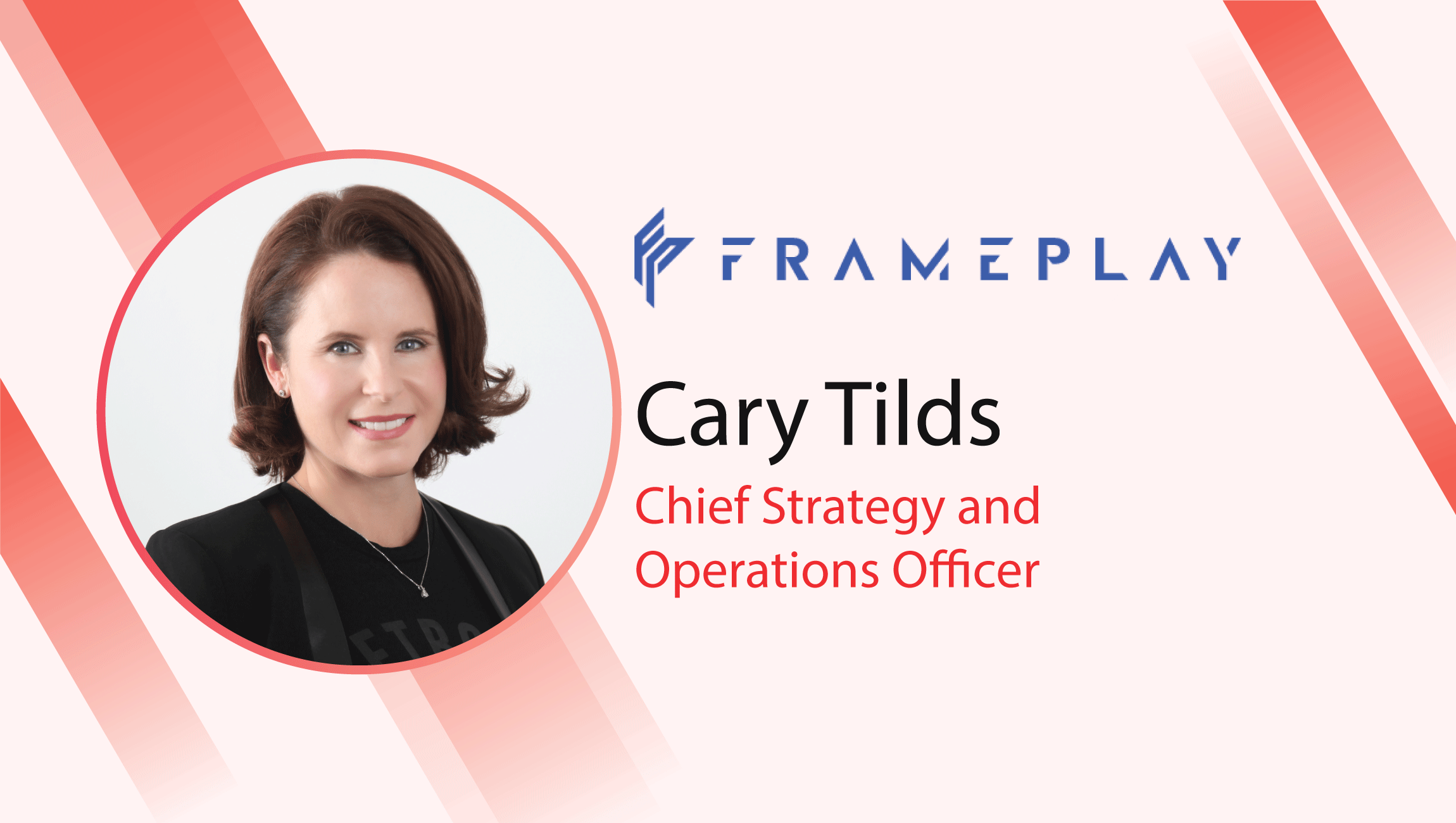Despite their known affinity for technology and digital connections, Generation Z — the demographic cohort born between 1997 and 2012 — still sees value in being in the office. A recent study by workspace management software provider, Cloudbooking shows that only 11% of Gen Z workers prefer to work remotely full-time.
“Employers must accept that the future of work is about choice — employees choosing where they do their best work, choosing to work when they feel most productive and choosing to be in the office when it suits them most”
Of the five age groups that participated in the study, workers between the ages of 18 to 24 were the least likely to agree that working from home full-time was their ideal working environment. In contrast, workers between 45 to 54 were most likely to agree (33%).
“Our research shows that employers should be careful not to jump to conclusions about worker generations,” explained Gerry Brennan, Cloudbooking CEO. Gen Z-ers, for example, are more likely to have a negative view of working only from home because they want the connections and mentorship experience of the traditional office.”
These insights, presented in The Future of Work: 8 Trends in Workplace Transformation, a 2022 report by Cloudbooking, in partnership with YouGov, refute the notion that young workers immediately gravitate to virtual workspaces.
Marketing Technology News: RRD Survey: 7 in 10 Marketers View Economic Downturn as Strategic Opportunity to Gain Market Share
Younger workers may be struggling to balance work and home life
When asked if working from home was difficult because of home life pressures, 41% of 18 to 24-year-old workers agreed — nearly double the rate of 45 to 54-year-old workers.
This gap is perhaps due to young workers’ lack of experience working remotely and the frustration many feel over the loss of community and networking opportunities in the office. According to a poll of college students and recent graduates by Generation Lab, 74% of respondents said they’re concerned about losing a sense of community in remote work setups. In comparison, 41% pointed to a lack of mentorship opportunities.
However, none of these findings should discount the fact that the majority of Gen Z employees (65%) still want the flexibility of a hybrid working environment. This percentage is slightly higher than the overall average (all US and UK workers) of 64%.
“Employers must accept that the future of work is about choice — employees choosing where they do their best work, choosing to work when they feel most productive and choosing to be in the office when it suits them most,” said Gerry.
Marketing Technology News: MarTech Interview with Susan Beermann, CMO at Contentstack











